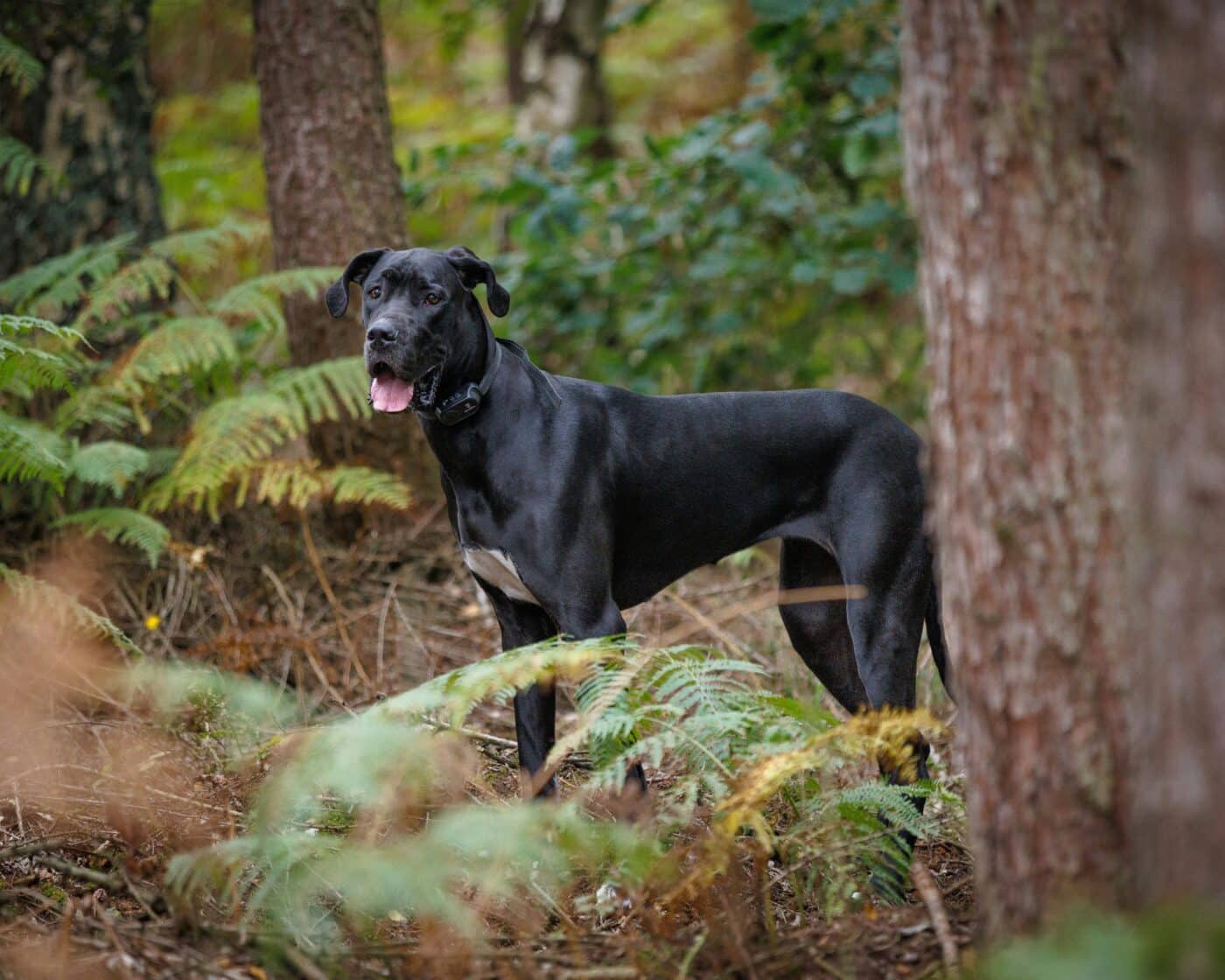 Shutterstock
Shutterstock
Many people underestimate the time, effort, and responsibility of caring for a dog. As a result, certain breeds are more likely to end up in shelters for various reasons, such as behavioral challenges, high energy levels, or mismatches with their owners’ lifestyles. Some breeds require significant attention, exercise, and training, which can overwhelm unprepared owners. This leads to frustration and, unfortunately, surrender. Understanding these challenges can help potential dog owners make informed decisions and ensure a more successful, lasting relationship with their pets.
Pit Bull Terrier
 Shutterstock
Shutterstock
Pit Bulls are often one of the most common breeds found in shelters, largely due to misconceptions about their temperament. Pit Bulls have gained a negative reputation over the years due to being unfairly associated with aggression. However, when properly trained and socialized, these dogs are naturally loyal, affectionate, and great with families. Many end up in shelters because of breed-specific legislation, which can lead to abandonment or inability to keep them in certain regions. Additionally, their high energy levels can be overwhelming for inexperienced owners, causing them to be surrendered.
Chihuahua
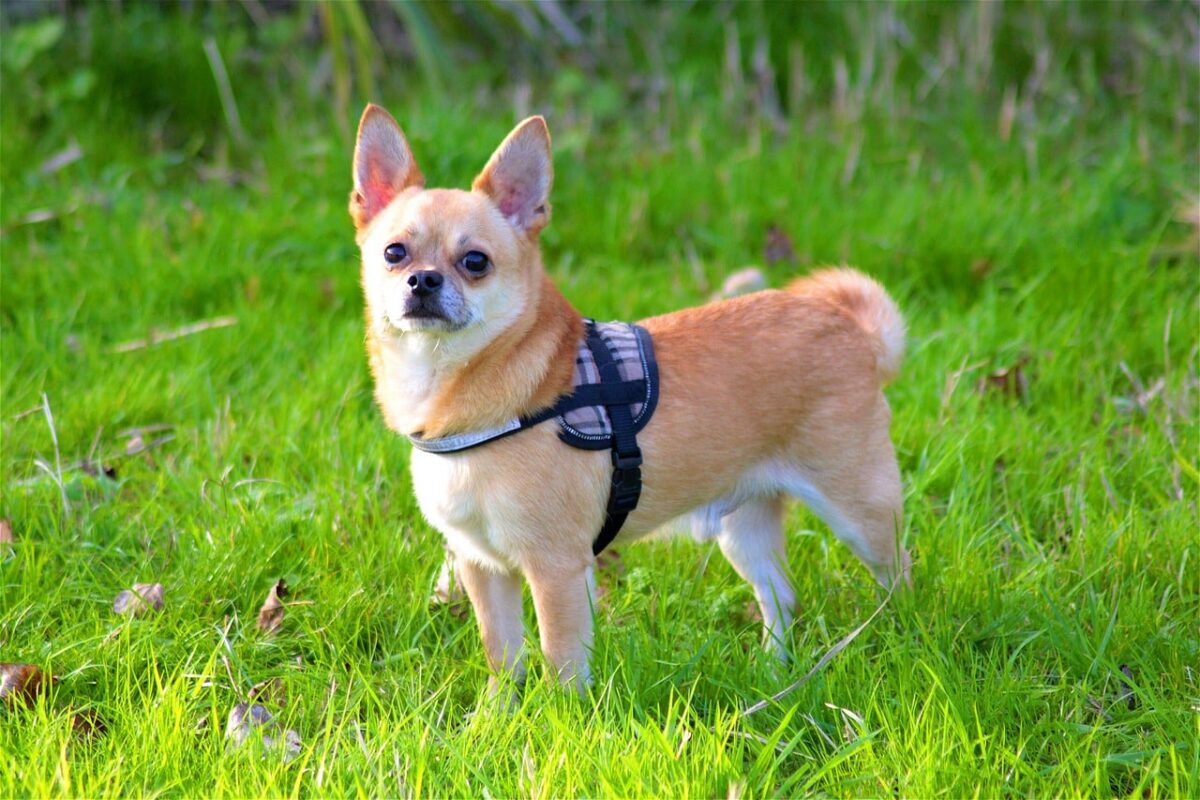 Shutterstock
Shutterstock
Chihuahuas are small in size but big in personality, and their feisty temperament can be a handful for owners who aren’t prepared for it. Despite their small stature, Chihuahuas often demand attention and can be quite vocal. This breed is frequently surrendered because many first-time owners assume their small size means they’re low-maintenance, but Chihuahuas can be stubborn and require proper training. They’re also known to be one-person dogs, meaning they might not adjust well to families or multiple pet households, which can lead to them being given up.
Labrador Retriever
 Shutterstock
Shutterstock
Labrador Retrievers are one of the most popular breeds in the world, but they also frequently end up in shelters. While Labs are known for their friendly and loyal nature, their high energy and need for exercise can be overwhelming for some owners. Many people adopt Labradors without realizing how much daily activity they need to stay healthy and happy. Without proper exercise, Labs can become destructive, leading to behavioral issues that often result in them being surrendered to shelters. Despite their challenges, Labs are excellent companions for active families who can meet their energy needs.
German Shepherd
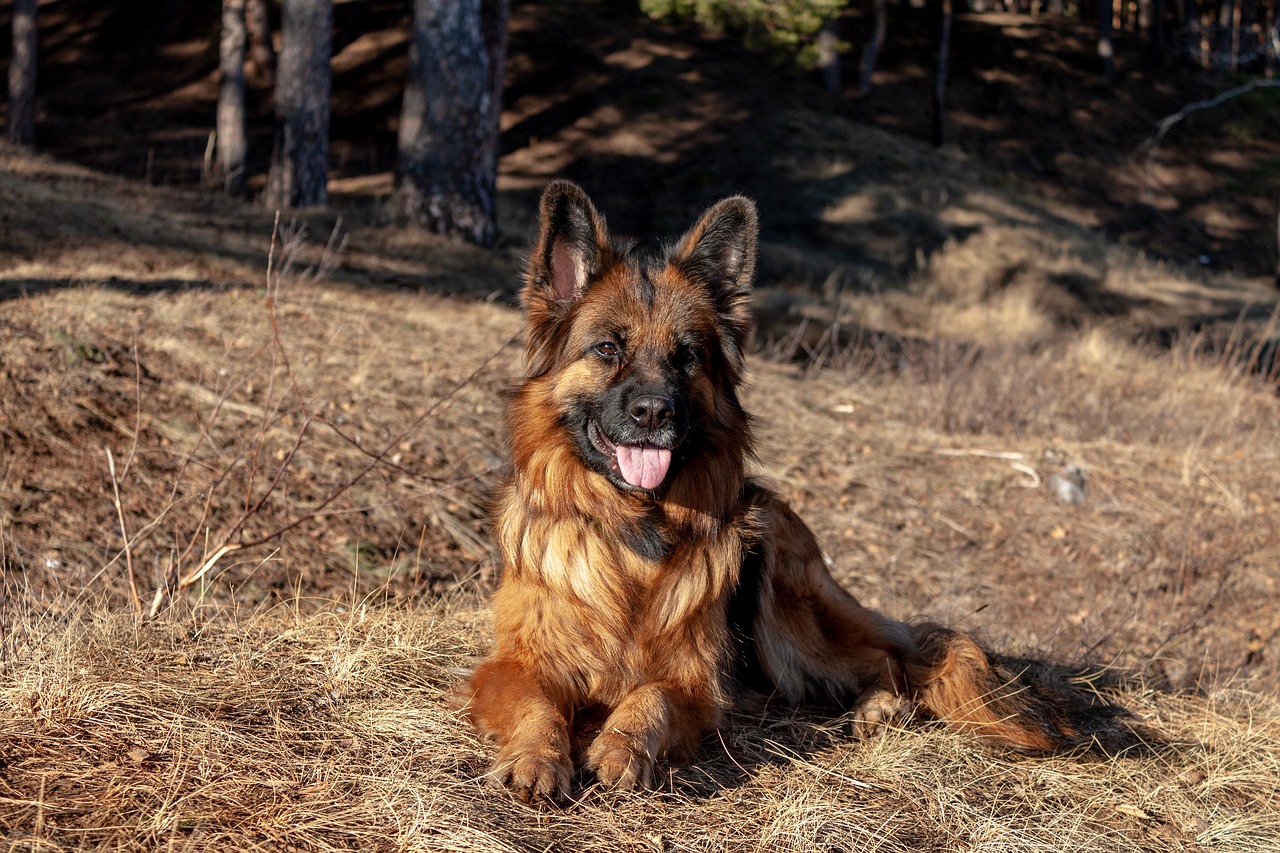 Shutterstock
Shutterstock
German Shepherds are highly intelligent and loyal, making them popular choices for police work, search and rescue, and as family pets. However, their intelligence and energy can be too much for inexperienced owners. German Shepherds require a lot of mental stimulation and exercise, and without it, they can develop behavioral issues such as anxiety or destructive tendencies. They are also prone to separation anxiety, which can lead to further problems if they are left alone for long periods. Many German Shepherds are surrendered because owners underestimate their needs or cannot provide the required structure and training.
Beagle
 Shutterstock
Shutterstock
Beagles are friendly, curious, and energetic, but they also have a strong sense of independence, making them difficult to train. Their hunting background means they are driven by their noses, leading them to wander off or ignore commands if they catch an interesting scent. Many Beagles end up in shelters because owners are unprepared for their stubbornness and high energy. Beagles are also prone to separation anxiety, which can lead to destructive behavior when left alone for extended periods. Despite these challenges, Beagles make great companions for active families who can give them the attention and exercise they need.
American Bulldog
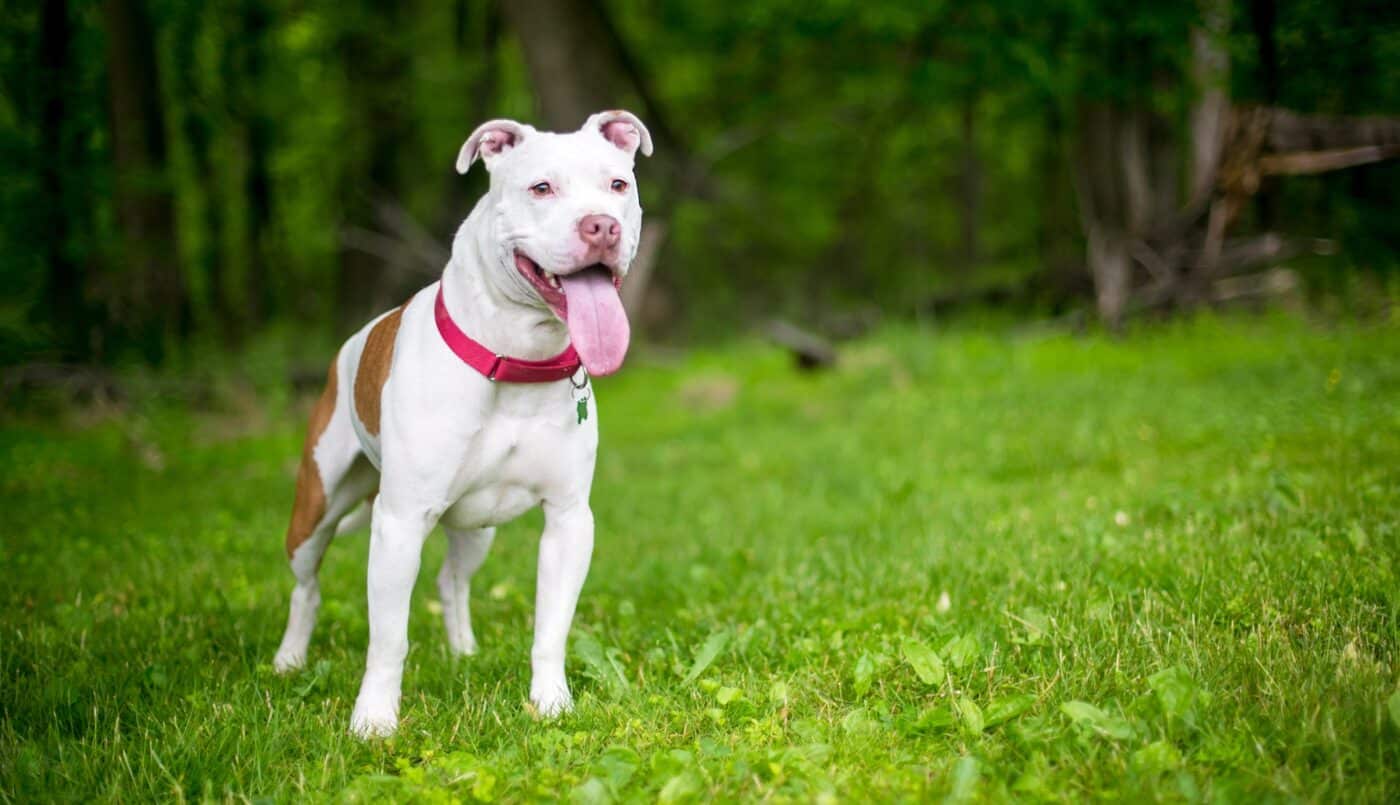 Shutterstock
Shutterstock
American Bulldogs are strong, muscular dogs known for their protective instincts and loyalty. However, their size and strength can be overwhelming for owners who are not prepared to handle them. American Bulldogs require consistent training and socialization to avoid becoming overly dominant or aggressive. Many dogs end up in shelters because their owners cannot manage their strength or provide the needed structure. Additionally, some American Bulldogs are surrendered due to breed restrictions or housing limitations, especially in areas with breed-specific legislation.
Jack Russell Terrier
 Shutterstock
Shutterstock
Jack Russell Terriers are known for their boundless energy and intelligence, but these traits can make them challenging pets. They were originally bred for hunting, so they have a strong prey drive and need plenty of physical and mental stimulation. Jack Russells can become hyperactive, destructive, or develop behavioral issues without enough exercise. Many Jack Russells end up in shelters because their owners aren’t prepared for their high energy levels or don’t have the time to meet their exercise needs. While they can be a handful, Jack Russells thrive in active households where they can burn off energy and stay mentally engaged.
Boxer
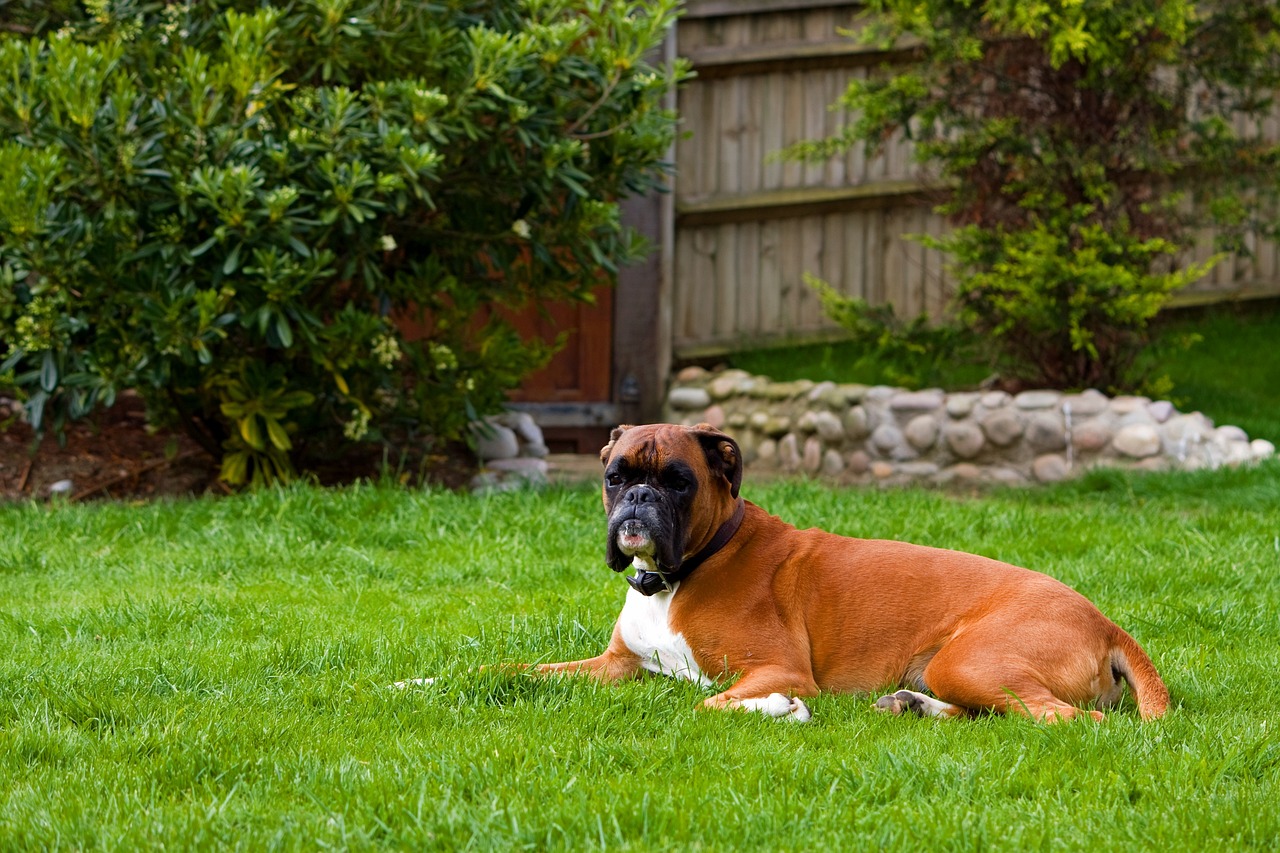 Shutterstock
Shutterstock
Boxers are playful, energetic, and loyal dogs that bond deeply with their families. However, their high energy and need for attention can be too much for some owners. Boxers require regular exercise and mental stimulation to prevent boredom, which can lead to destructive behavior if not addressed. Additionally, Boxers are prone to separation anxiety, making them more likely to develop behavioral issues when left alone for extended periods. Many Boxers are surrendered because their owners are unprepared for the commitment required to keep them happy and well-behaved.
Border Collie
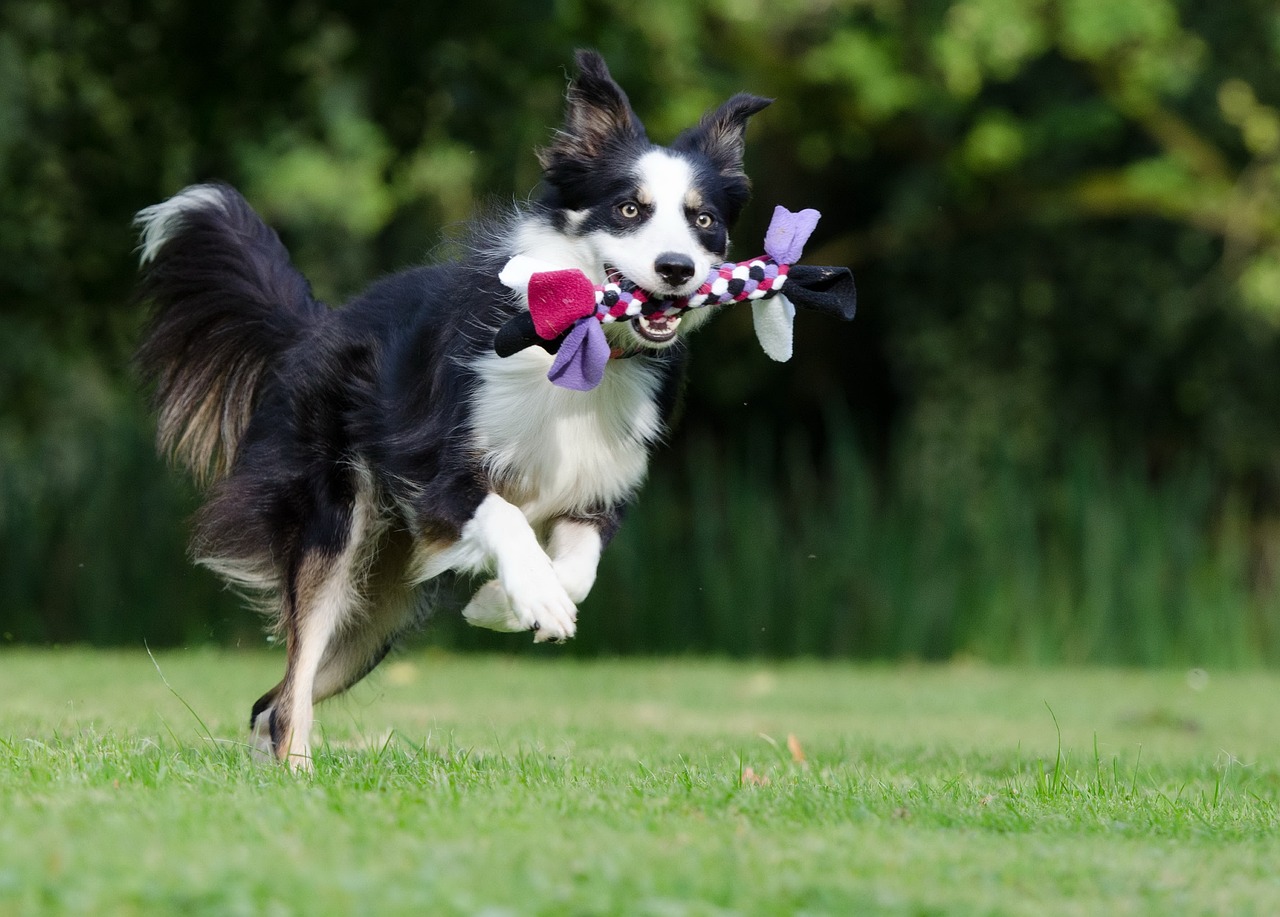 Shutterstock
Shutterstock
Border Collies are considered among the most intelligent dog breeds, but their intelligence and energy can make them challenging pets. Originally bred for herding, Border Collies have an intense work drive and need a job. They can become bored, anxious, or destructive without enough physical and mental stimulation. Many Border Collies end up in shelters because their owners cannot meet their exercise and stimulation needs. These dogs are best suited for active owners who can provide them with plenty of activities to keep their minds and bodies engaged.
Dalmatian
 Shutterstock
Shutterstock
Dalmatians are known for their distinctive spotted coats and energetic, playful nature. However, they also have a reputation for being stubborn and independent, making them difficult to train. Dalmatians need plenty of exercise to stay happy and healthy, and without it, they can become destructive or develop behavioral problems. Many Dalmatians end up in shelters because their owners are unprepared for the commitment required to meet their needs. Additionally, Dalmatians are prone to certain health issues, such as deafness, which can make them more challenging to care for.
Siberian Husky
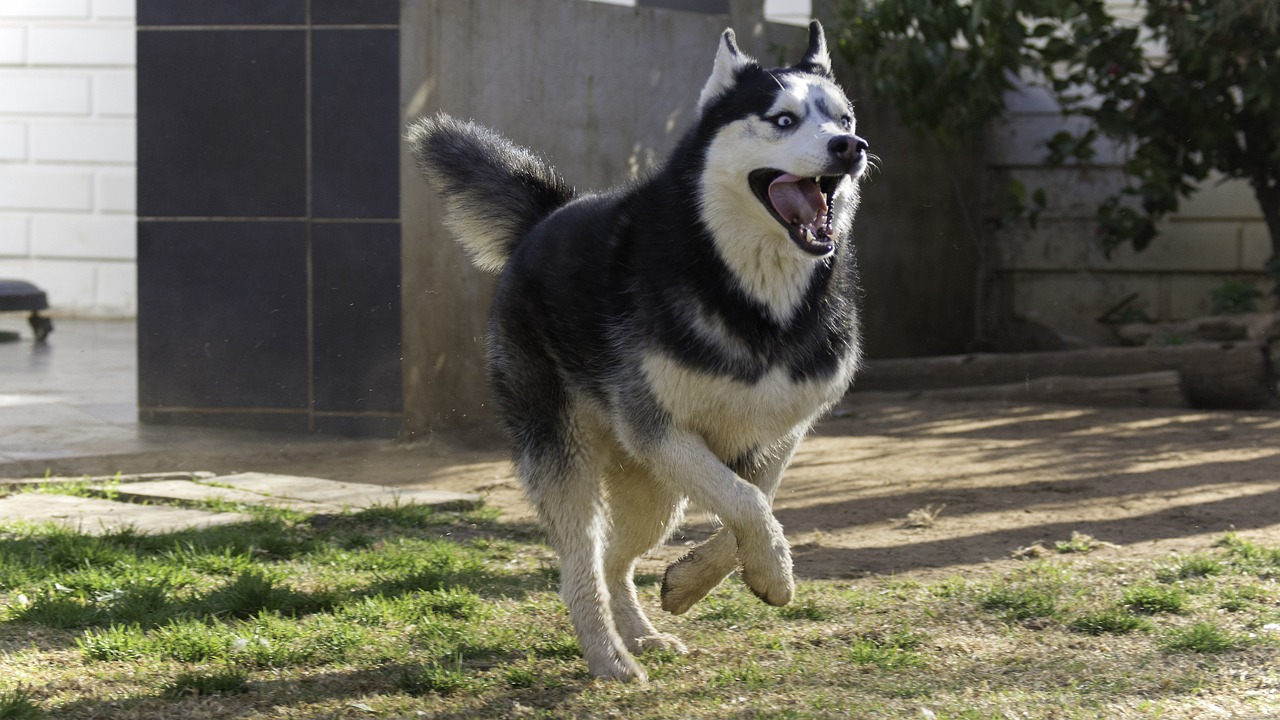 Shutterstock
Shutterstock
Siberian Huskies are beautiful, energetic dogs that require a lot of exercise and mental stimulation to stay happy. Their strong prey drive and independent nature can make them difficult to train, and their need for physical activity often overwhelms inexperienced owners. Many Huskies end up in shelters because their owners aren’t prepared for their high energy levels and escape-artist tendencies. Huskies are also known for being vocal, which can lead to noise complaints and further issues in homes unprepared for their howling. With the right environment, though, Huskies make loyal, playful companions for active families.
Staffordshire Bull Terrier
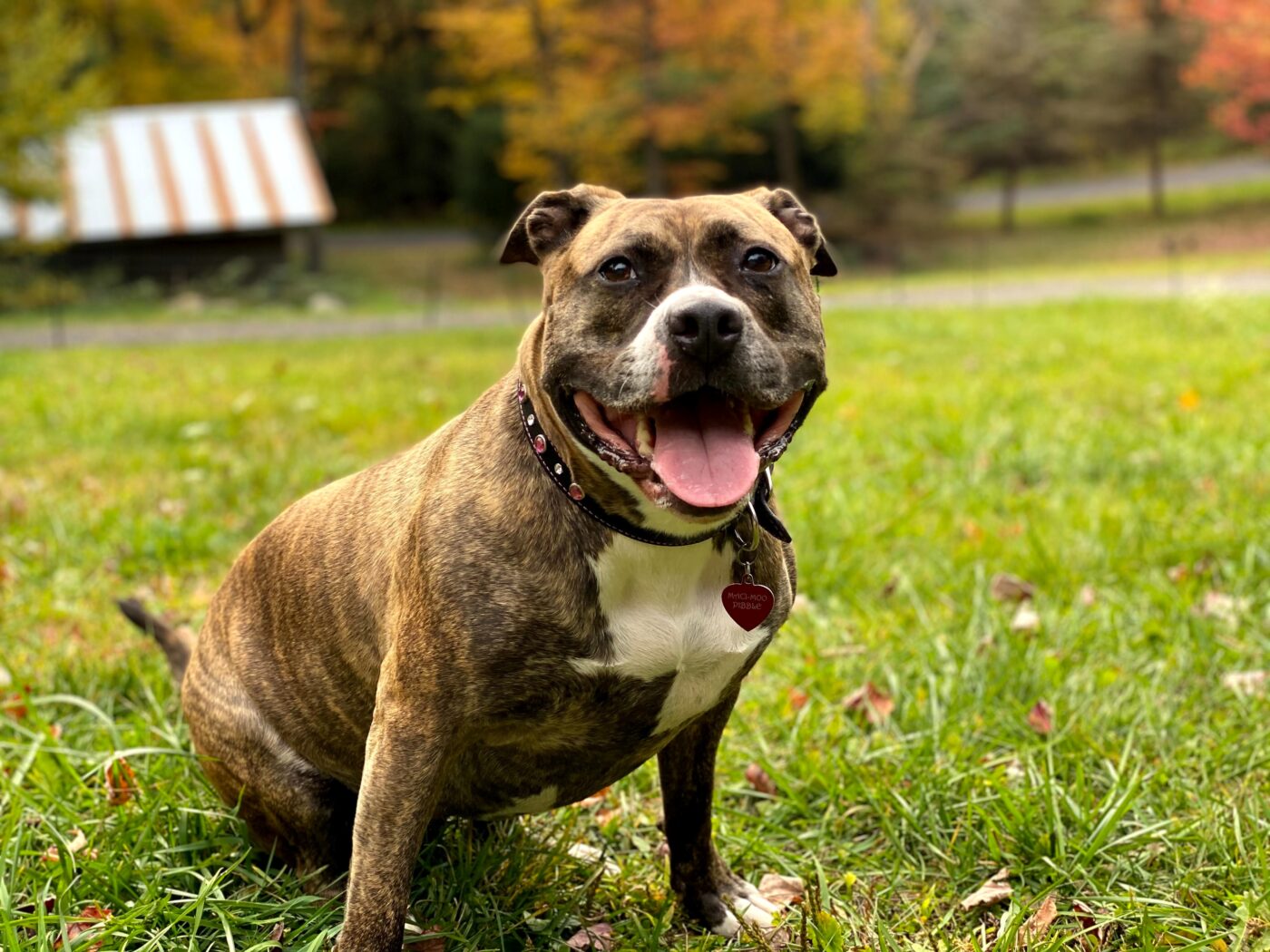 Shutterstock
Shutterstock
Staffordshire Bull Terriers, like Pit Bulls, often suffer from negative stereotypes that lead to their abandonment. They are strong, muscular dogs with a high energy level and require regular exercise and training. When properly socialized, Staffordshire Bull Terriers are friendly, loving dogs that are great with children. However, their strength and exuberance can be too much for some owners, leading to improper behavioral management. Additionally, breed-specific legislation can force owners to give up their Staffordshire Bull Terriers, contributing to their high numbers in shelters.
Shih Tzu
 Shutterstock
Shutterstock
Shih Tzus are small, affectionate dogs that often end up in shelters due to grooming neglect or behavioral issues stemming from a lack of training. Despite their small size, Shih Tzus require regular grooming to maintain their long coats, and many owners are unprepared for this level of care. Additionally, Shih Tzus can be stubborn and may develop behavioral issues if not properly trained and socialized. Many Shih Tzus are surrendered because their owners cannot meet their grooming and training needs despite the breed’s friendly and loving nature.
Great Dane
 Shutterstock
Shutterstock
Great Danes are gentle giants, but their large size can be overwhelming for some owners. Many people underestimate how much space, food, and exercise a Great Dane requires, leading to surrender when they realize they can’t meet the breed’s needs. Great Danes are also prone to certain health issues, such as bloat, which can be expensive and may lead to owners giving them up. Despite their size, Great Danes are known for being affectionate and loyal, making them excellent family pets for those with the space and resources to care for them.
Cocker Spaniel
 Shutterstock
Shutterstock
Cocker Spaniels are known for their sweet, affectionate nature, but they are also prone to separation anxiety and behavioral issues if not properly trained. Many Cocker Spaniels end up in shelters because their owners are unprepared for the time and attention these dogs require. Cocker Spaniels can also be prone to health issues such as ear infections, which can be costly. Despite these challenges, Cocker Spaniels make wonderful companions for owners willing to provide the care and attention they need.
Weimaraner
 Shutterstock
Shutterstock
Weimaraners are high-energy dogs that require a lot of exercise and mental stimulation to stay happy. Many Weimaraners end up in shelters because their owners are unprepared for their energy levels and need constant activity. Without enough exercise, Weimaraners can become destructive and develop behavioral issues. They are also known for being clingy and suffering from separation anxiety, which can lead to further problems if they are left alone for long periods. Weimaraners are best suited for active owners who can provide them with plenty of exercise and companionship.
Australian Shepherd
 Shutterstock
Shutterstock
Australian Shepherds are intelligent, energetic dogs that excel in working environments but can be challenging for inexperienced owners. Many Australian Shepherds end up in shelters because their owners are unprepared for their need for mental stimulation and physical exercise. These dogs are happiest when they have a job; they can become anxious or destructive without enough activity. Despite their challenges, Australian Shepherds are loyal, loving companions for active families or individuals who can meet their high-energy needs.
Rottweiler
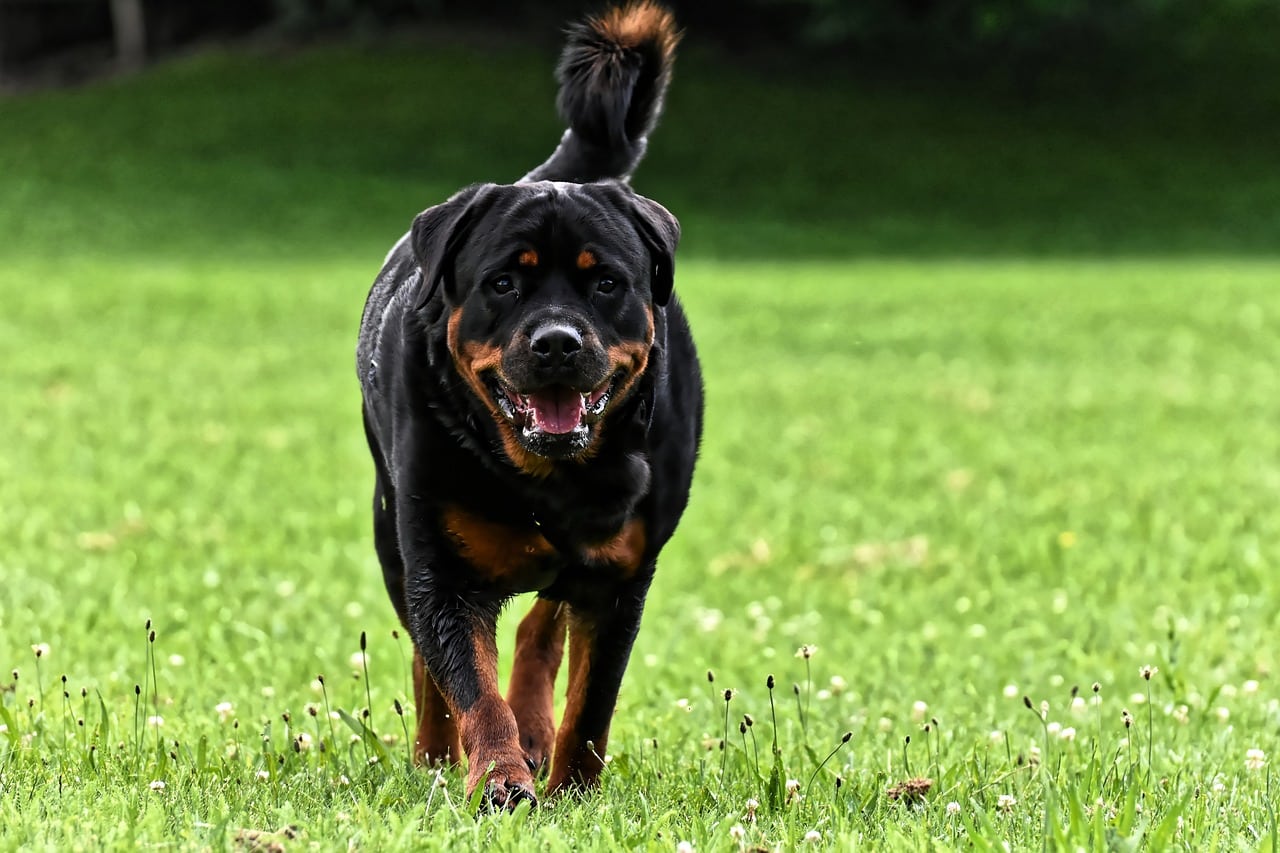 Shutterstock
Shutterstock
Rottweilers are often found in shelters due to a combination of their size, strength, and the misunderstandings surrounding their breed. While they are known for their loyalty and protective nature, Rottweilers require consistent training, socialization, and strong leadership from their owners. Many people adopt them without understanding the commitment needed to raise and manage such a powerful dog, leading to abandonment when the responsibility becomes overwhelming. Additionally, their reputation as a “dangerous” breed can make them more difficult to adopt, leaving them in shelters for extended periods. Despite the misconceptions, Rottweilers are loving and loyal dogs when given the proper care and guidance.
Akita
 Shutterstock
Shutterstock
Akitas are large, independent dogs with a strong guarding instinct, which can make them a challenging breed for inexperienced owners. They are known for their loyalty and courage but require consistent training and early socialization to prevent aggressive or overly protective behavior. Unfortunately, many Akitas end up in shelters because their owners were unprepared for the time, patience, and effort needed to train and care for them properly. Their strong-willed nature can be difficult to manage without experience, leading some owners to surrender them. Akitas are wonderful companions for the right families, but they need knowledgeable and committed owners who understand their needs.
Alaskan Malamute
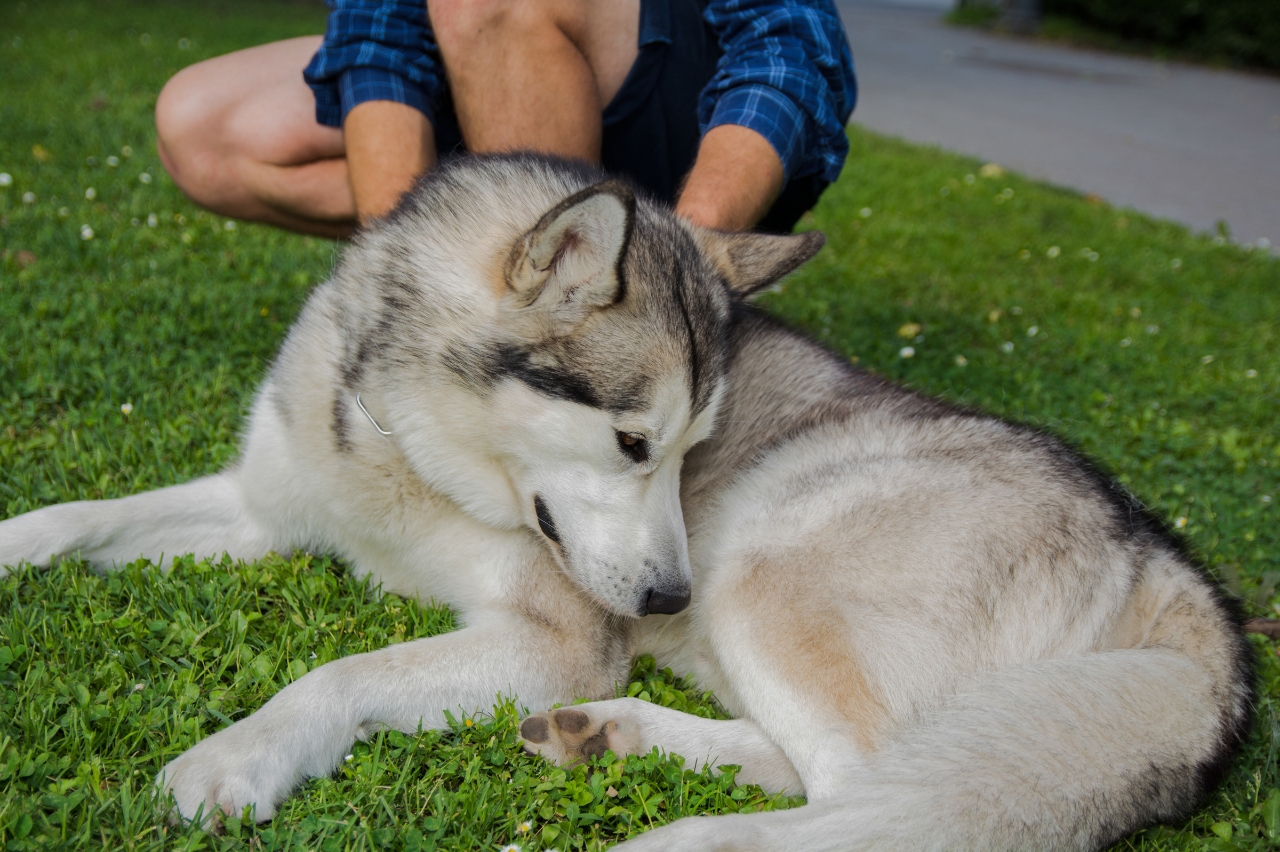 Shutterstock
Shutterstock
Alaskan Malamutes are stunning, high-energy dogs bred for sledding and hard work. Their beauty often attracts people who are not prepared for their exercise and grooming needs, leading to a high rate of surrender to shelters. Malamutes require significant physical activity and mental stimulation to be happy and well-behaved. Without proper outlets for their energy, they can become destructive or develop behavioral issues. Additionally, their thick double coat requires regular grooming, which can be overwhelming for some owners. The combination of high energy, size, and maintenance needs often results in these dogs being abandoned or surrendered when owners cannot keep up with their requirements.
English Bulldog
 Shutterstock
Shutterstock
English Bulldogs frequently end up in shelters due to their numerous health issues and the high cost of care associated with them. Their charming, wrinkly faces and easygoing demeanor attract many potential owners, but Bulldogs are prone to breathing difficulties, skin problems, and joint issues. Many people adopt them without realizing the long-term commitment and financial burden of managing their health concerns. As a result, some owners surrender them when the medical expenses become unmanageable. English Bulldogs are loving and loyal companions, but they need dedicated owners who are prepared for the potential challenges of owning a brachycephalic breed.
Dogo Argentino
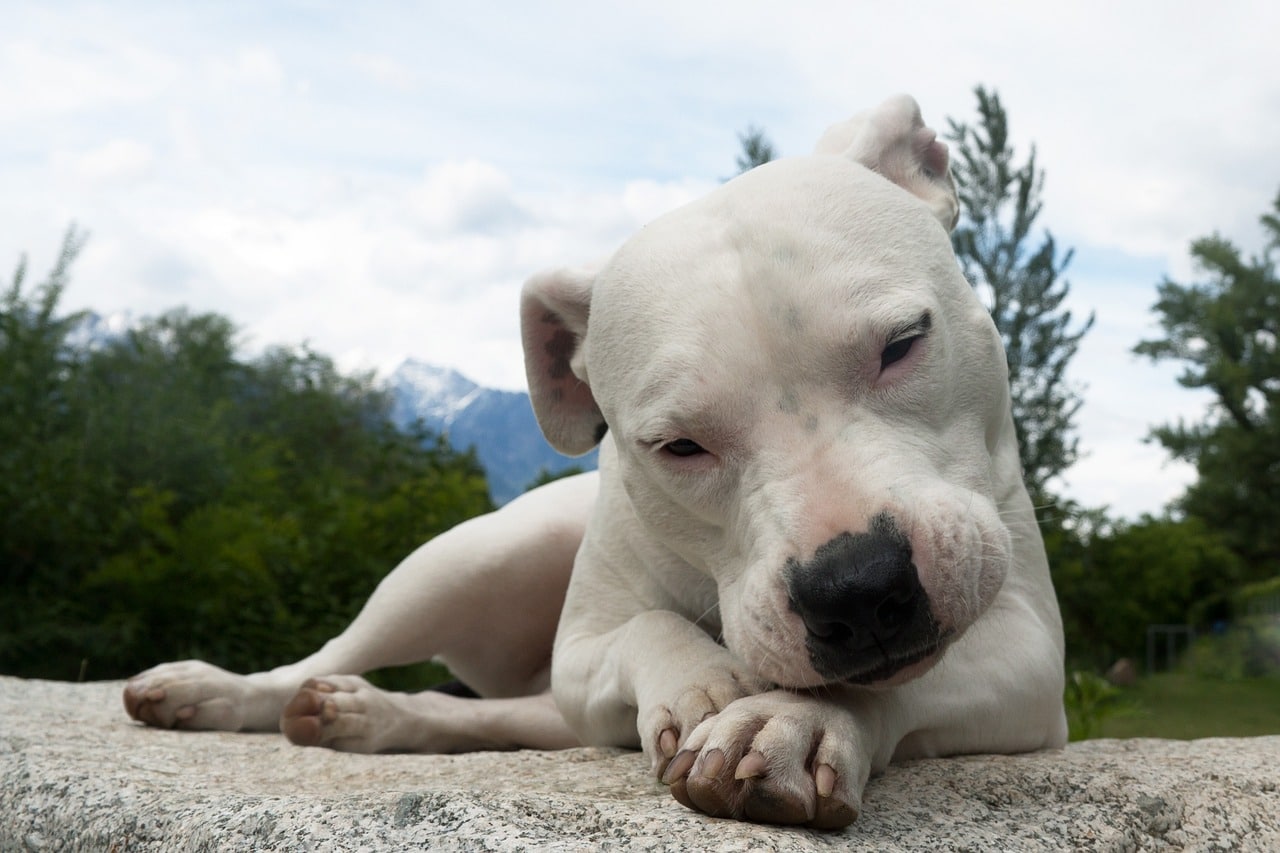 Shutterstock
Shutterstock
Dogo Argentinos are powerful, muscular dogs originally bred for big-game hunting. They are incredibly loyal and protective, but their strength and intense guarding instincts require experienced handling. Unfortunately, these dogs often end up in shelters because their owners are not equipped to provide the necessary training, socialization, and structure. In the wrong hands, Dogo Argentinos can become difficult to manage, and many are surrendered when their behavior becomes unmanageable. Additionally, breed restrictions in some areas make it hard for people to keep them. Despite their tough exterior, Dogos are loving family dogs when raised in the right environment with knowledgeable owners.
Great Pyrenees
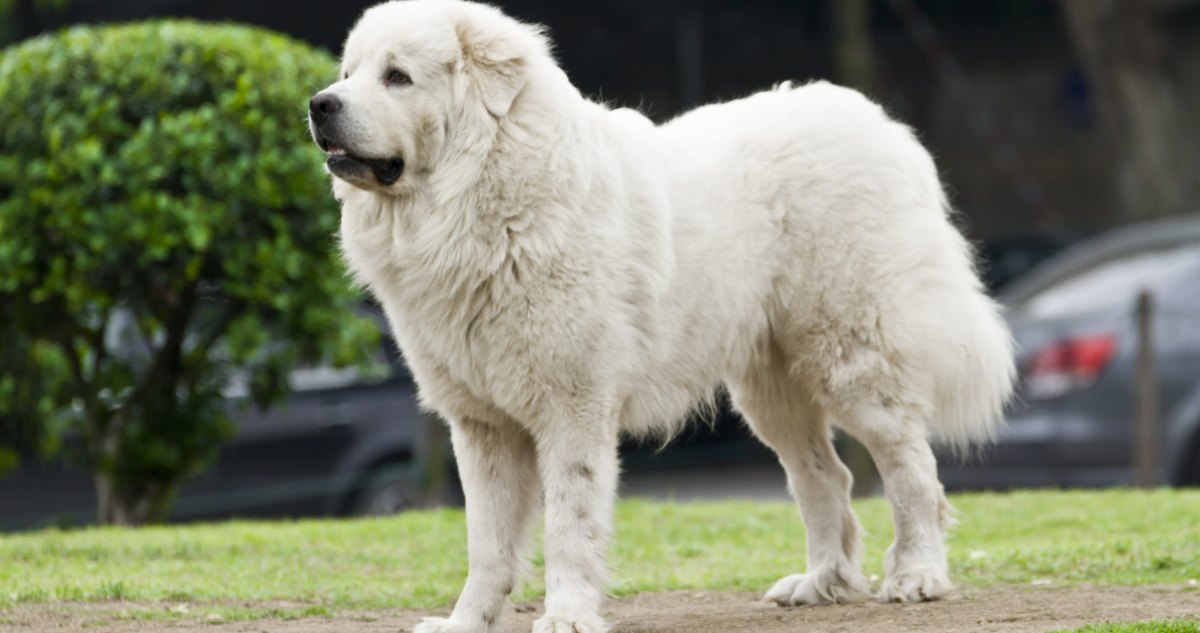 Shutterstock
Shutterstock
Great Pyrenees dogs are majestic, gentle giants with a strong instinct to guard and protect. Bred to guard livestock, they are independent and often bark to alert their owners of potential threats. However, their size, vocal tendencies, and need for space can become overwhelming for unprepared owners, leading to a high surrender rate. Many people adopt Great Pyrenees as family pets without understanding their guarding behavior and exercise needs, which can result in frustration. Additionally, these dogs require regular grooming due to their thick double coats. Despite the challenges, Great Pyrenees are loyal and loving dogs when given the proper training and environment.
Belgian Malinois
 Shutterstock
Shutterstock
Belgian Malinois are intelligent, high-energy working dogs often used in police and military roles. Their extreme intelligence and drive to work make them one of the most challenging breeds to own, requiring constant mental and physical stimulation. Unfortunately, many people are drawn to their impressive abilities without understanding their needs, leading to behavioral issues when they are not properly engaged. Belgian Malinois often end up in shelters because their owners cannot keep up with their exercise and training demands. When under-stimulated, these dogs can become destructive or anxious. In the right hands, they are extraordinary companions, but they require experienced and active owners.
Basset Hound
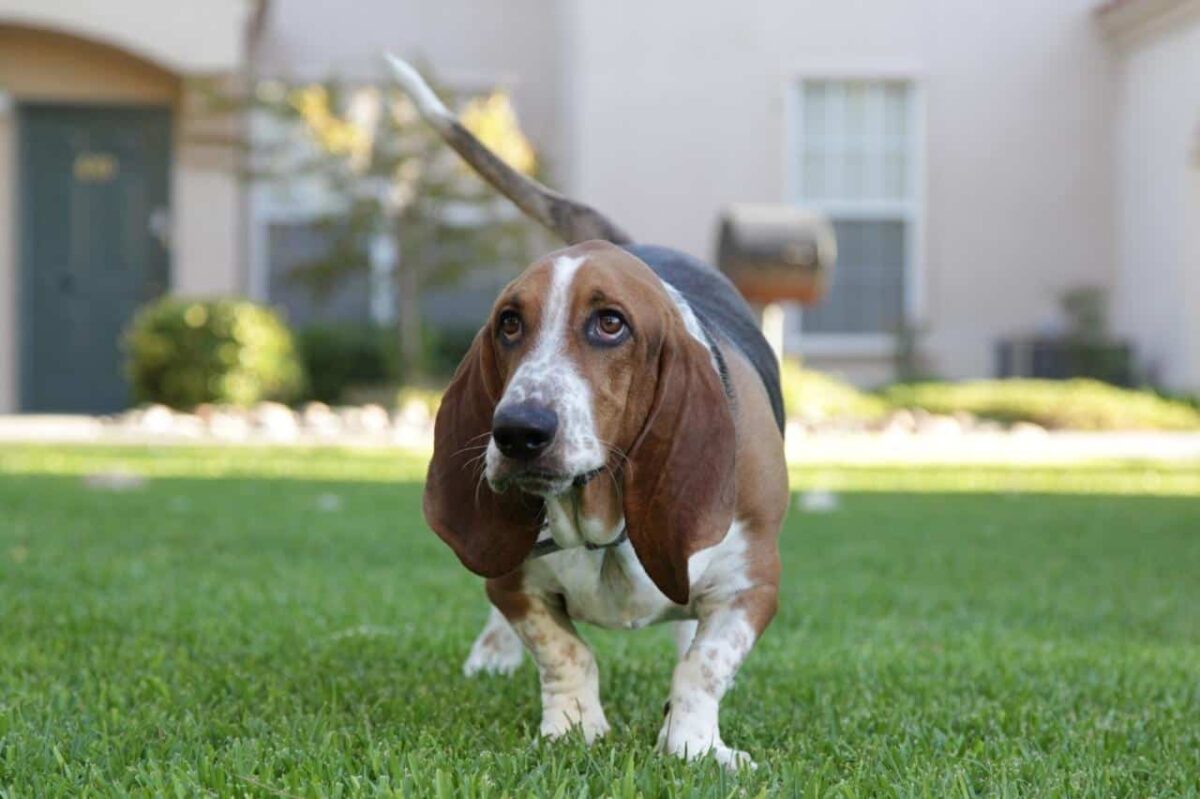 Shutterstock
Shutterstock
Basset Hounds are lovable, laid-back dogs with a strong sense of smell and a stubborn streak. While their droopy ears and soulful eyes make them irresistible, their stubbornness and tendency to follow scents without heed can be frustrating for unprepared owners. Basset Hounds require consistent training and a secure environment to prevent them from wandering off in pursuit of an interesting smell. Additionally, they are prone to obesity and health issues, which can be expensive to manage. Many people adopt Basset Hounds for their sweet demeanor but surrender them when their care and training needs become too challenging.
The Heartbreaking Reality of Shelter Surrenders
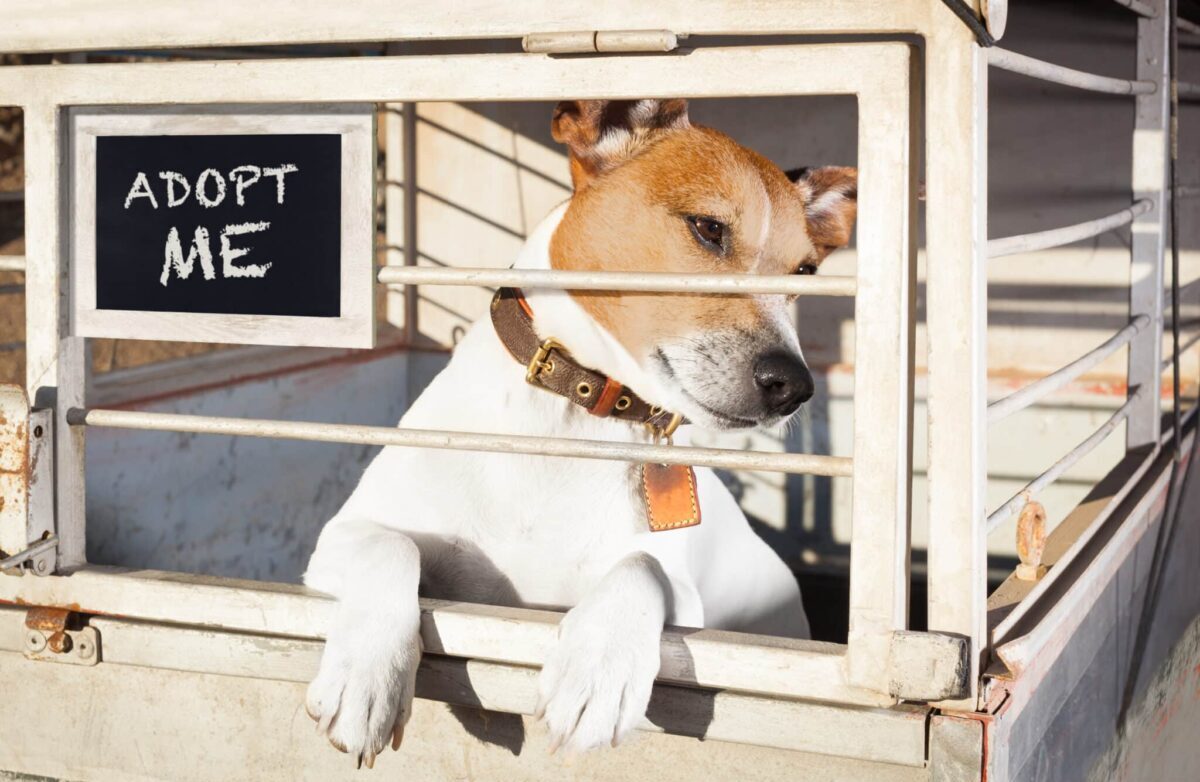 Shutterstock
Shutterstock
While these breeds may be more likely to end up in shelters, it’s important to remember that most cases stem from misunderstandings, lack of preparation, or the owners’ inability to meet the dog’s needs. Every dog deserves a loving home and a second chance regardless of breed. These dogs can become loyal and loving with proper training, socialization, and care. If you’re considering adopting a dog, understanding the breed’s requirements can help ensure a successful, long-lasting relationship, proving that every dog, no matter the breed, is worthy of a forever home.
 Toledo, United States.
Toledo, United States.